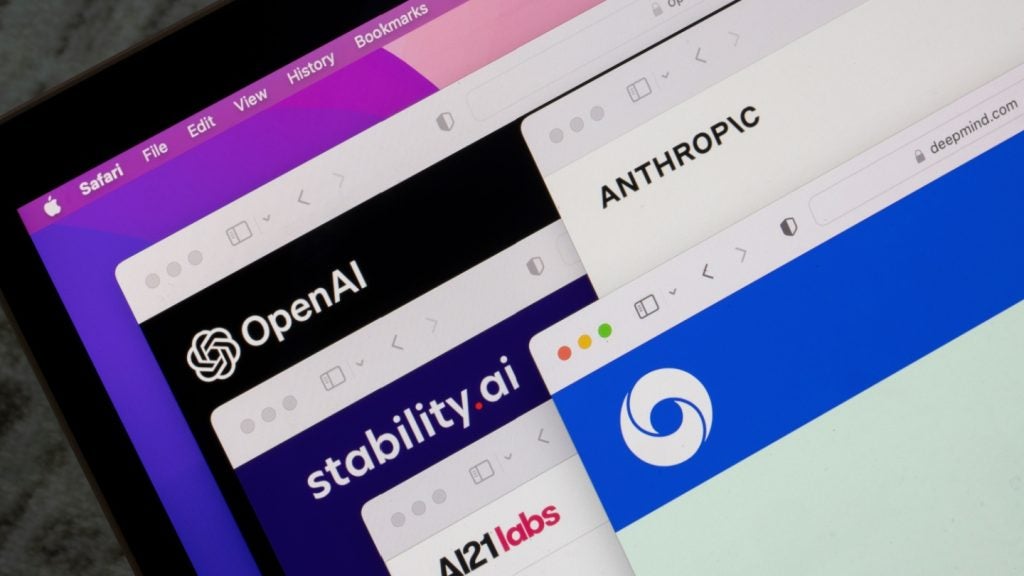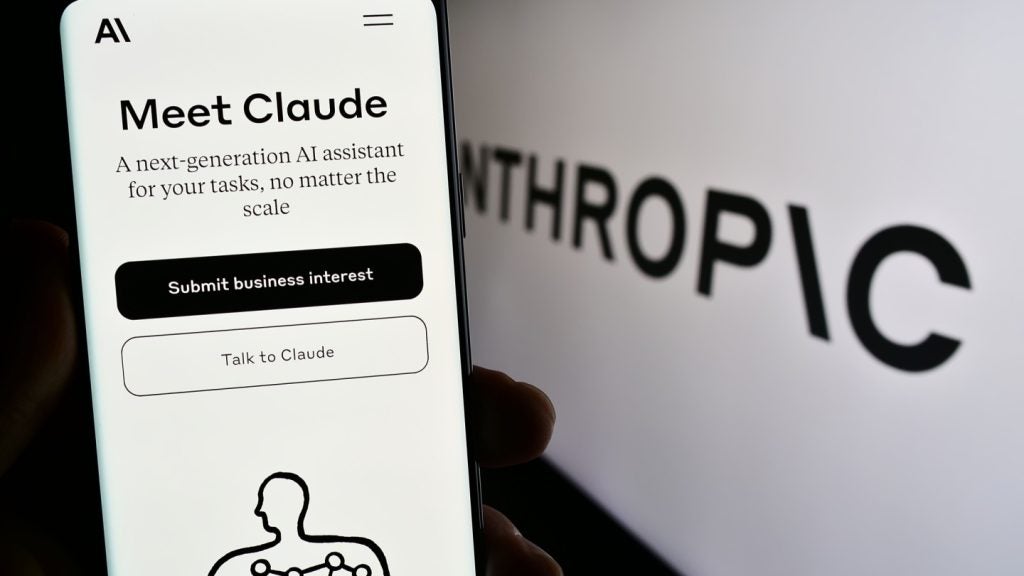
Western governments see Kaspersky Lab as an extension of the Russian government but the company has a strong record of discovering attacks others can’t.
Kaspersky is an award-winning cyber security company that works with businesses and people in dozens of countries. Yet the company’s reputation isn’t what it once was.
In recent months, many in the Western world have come to believe Kaspersky Lab is at best a pawn in a high-stakes game of nation-state cyber espionage, or at worst a willing aid to the Russian Federation.
What caused Kaspersky Lab, trusted to protect more than 400 million computers worldwide, to become so vilified?
Some in the West have long distrusted the company due to its Russian origins, but the source of recent suspicions can be traced to an event in 2015.
That’s when it is believed hackers with ties to the Russian government compromised Kaspersky Lab’s antivirus product to obtain sensitive NSA materials.
How well do you really know your competitors?
Access the most comprehensive Company Profiles on the market, powered by GlobalData. Save hours of research. Gain competitive edge.

Thank you!
Your download email will arrive shortly
Not ready to buy yet? Download a free sample
We are confident about the unique quality of our Company Profiles. However, we want you to make the most beneficial decision for your business, so we offer a free sample that you can download by submitting the below form
By GlobalDataAccording to reports, the company detected classified malware tools on the home computer of an NSA contractor, triggering an automatic file upload for further analysis.
Ironically, these revelations were only recently discovered because Israel, allegedly, hacked into Kaspersky Lab and obtained the evidence, serving to simultaneously prove that Kaspersky Lab can’t defend its own systems and seemingly convict the vendor of Russian collusion in one fell swoop.
In September the US Department of Homeland Security banned Kaspersky Lab products, and that ban will be extended to the entire US government this October.
The UK and Lithuanian governments have taken steps to discourage use of Kaspersky Lab products, further damaging its reputation and its business.
However, not nearly enough attention has been paid to the flimsy, circumstantial evidence maligning Kaspersky Lab.
Sources behind the above-mentioned news reports have all been anonymous, and no evidence has been offered that proves that the company shared those NSA tools with Russia, or even that Russia has ever used Kaspersky Lab’s software for cyber espionage.
Perhaps most importantly, few companies have been as consistently successfully in detecting never-before-seen malware developed by nation-states, particularly those in the West.
It’s no surprise that high-placed officials in certain governments would be eager to seek some form of retribution on the company that has thwarted or at least shed light on classified government cyber espionage operations.
But history has shown that not all nation-state cyber campaigns are honourable; some intend to be or begin that way, but are subverted.
Stuxnet is a perfect example: what began as a targeted US-Israeli cyber intrusion to cripple Iran’s nuclear program was later co-opted by unknown actors and let loose to wreak havoc across the Internet.
Kaspersky Lab discovered Stuxnet, and has been prominent in tracking its many variants.
As a result, Kaspersky Lab customers have been among the first to be protected against these and many other similar zero-day attacks.
Kaspersky Lab has customers all around the world, and it strives to protect its customers from attacks, regardless of where those attacks come from and who is behind them. The company is making ongoing efforts to provide both business and technology transparency.
For these reasons, Kaspersky Lab shouldn’t be considered an enemy of the West. At a minimum, it deserves credit for detecting cyber attacks indiscriminately, including those believed to come from the Russian government. For many thousands of paying customers, Kaspersky Lab isn’t a cyber espionage problem; it’s a solution.
While the business Kaspersky Lab is losing from governments so far has been minimal, the damage to its reputation has been incalculable. Kaspersky Lab deserves to be judged on its record, and deserves the opportunity to defend itself not against innuendo, but against actual proof.






